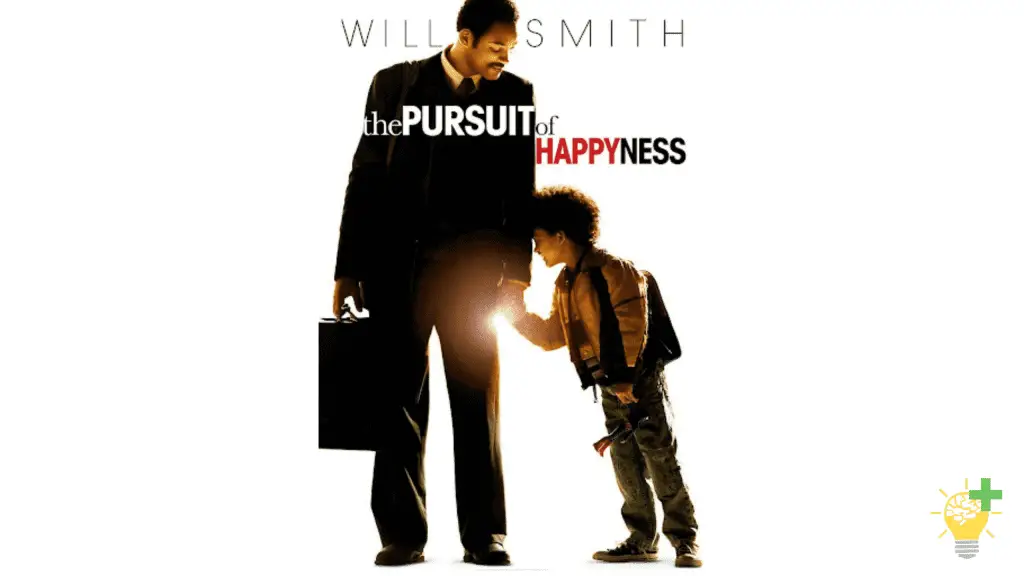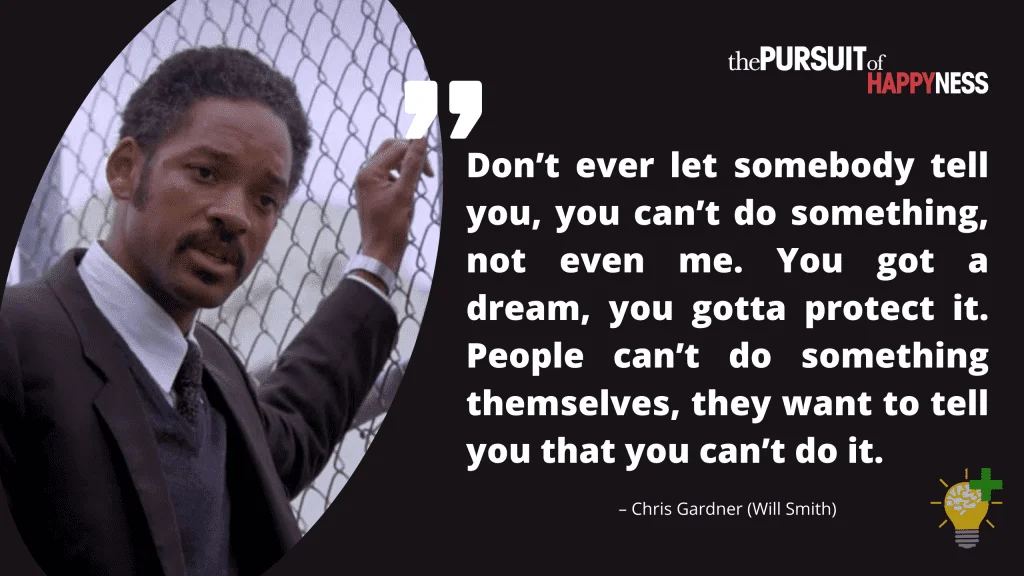There comes a time in life when you have to stop caring about someone you love for the sake of your mental health and peace. It could be a friend, a sibling, a parent, a lover, etc.
No matter the reason, it is not easy to stop caring about someone you love and move on. You may be weighed down by guilt or regret that the relationship did not work out. However, over time you will be able to accept the situation as is, and it becomes easier to let go of the relationship.
Below are tips to help you stop caring for someone and move on to love yourself.
Come to Terms With the Fact the Relationship Is Irreparable
As unfortunate as it is, the first step and most important thing to being able to move forward is coming to terms with the fact that your relationship with the specific person is unhealthy or irreparable.
Have an honest conversation with yourself about the pain and negative emotion that the relationship has caused you. See all the red flags and ways that the other person dishonored you. Allow your hopes and dreams for the relationship to die. Let go of “should’ve been” and “could’ve been.”
For instance, if you have a breakdown with a sibling or other family member, let go of your hope for spending quality and happy family times together and continuing with any kind of healthy relationship. You will prove to have a hard time trying to do so.
Realize that the relationship did not work out despite your best efforts, and it is not likely to work out. Therefore, let go of any effort towards working things out.
Accept Your Emotions
Ending the relationship will break your heart. You will feel sad, lonely, guilty, resentful, and bitter, among other emotions. You may feel angry about all the negatives done to you in the relationship. You may regret getting into the relationship in the first place. Or, you could be disappointed with the other person.
You may also feel conflicted about choosing to take yourself out of the relationship. You may doubt if the shortcomings are enough reason to opt-out. You may feel that you should have made more effort to work things out. Or that you are not being appreciative of the good the other person did to you or the happy moments you shared.
Feel all these emotions. Sit in the pain, sadness, and negative feelings even though it is uncomfortable. The intense emotions may seem like they will last forever, but they will subside over time. Therefore, cry if you need to, write down how you feel in your journal, or talk to someone about it. It will help you to process your emotions so that you can move forward and heal.
Note that initially, these emotions may linger throughout the day and drain mental energy. They may also come in waves. Ride each emotional wave and know that it will not last forever.
It is ok to remember and reminisce about the good times. However, do not over-romanticize them. Over-romanticizing is especially common in romantic relationships. You may find yourself lingering in the happy moments you had in your relationship and fantasizing about all the things you would have done together and trivializing the issues that brought you to the decision to stop caring.

Cut Off the Person Completely
This is particularly important at the beginning. If possible, you want to not have to see or interact with the person at all.
Therefore, delete their number from your phone. Unfollow or unfriend them on social media. If they attempt to reach out to you, block them. Avoid going to the same social gatherings or going to places they frequent. If they request to meet up, decline the invite. Also, do not ask mutual friends about them. Just take as much time as you need away from them.
Cutting them off also means getting rid of anything that reminds you of the person. For instance, if it is an ex who you shared space with, remove their photos from your walls and give them back any items they may have left in your house. Also, delete their photos and shared documents from your phone.
Isn’t that extreme and petty? You may wonder.
No, it is not. It is much harder to stop caring about someone when you keep seeing them. Every time you see them, especially in the initial phase, they will elicit negative emotions. It will be like ripping a bandit off a fresh wound.
If you feel guilty for taking such drastic measures, remind yourself of all the pain and mental health damage the person caused you. Remind yourself that the relationship is not worthwhile, and you need to move on. Affirm that you deserve peace of mind and relationships that enlighten you and bring you joy.
Restructure Your Life
Depending on how close you were to the person and the extent to which your lives were intertwined, you may need to make major changes to your life. In extreme cases, e.g., divorce, you may need to relocate.
Otherwise, the restructuring may be as simple as changing your commuting route to ensure that you do not meet or replace your date nights with classes to develop a new skill or hobby.
If your self-worth or identity is closely tied to your relationship with the person, you may need to redefine yourself. For instance, you could change your hairstyle and wardrobe, meet new people, or start a new business. These things give you an illusion of a fresh start.
Spend Time With People You Love
One of the best ways to overcome heartbreak and loneliness is to spend time with people who love you. It affirms that you are still worthy of love and that other people love you. It also supplies you with a good dose of endorphins to soothe your broken heart.
Therefore, if your friends, lover, or family invite you for a social gathering, go and have fun. If you feel too overwhelmed by the broken relationship to go to a social gathering, it is ok to pass until you are ready. Otherwise, you may feel socially anxious, with anxious thoughts adding more stress to your life.
Be Patient With Yourself
Heartbreak and emotional wounds take time to heal. When you think you have moved on, intense negative emotions about the person or the relationship may sneak back. You are not retrogressing; it is part of your healing journey.
Be patient with yourself and the healing process. The intensity of the emotions will decrease over time. One day you will wake up, and that relationship will not matter too much to you. And then, there will be more and more days when you will barely think about the person.
You cannot tell how long it will take to heal and get over the relationship. Regardless, hang in there. Continue to focus on yourself and do things that help you heal and make you happy. Eventually, you will be fine.
Use Positive Affirmations to Build a Positive Perspective of Relationships
A broken relationship can leave you feeling that you are not a good person or doubting if you are worthy of good relationships. Don’t let this incident define your perspective of relationships and your worth. Use affirmations to remind yourself that you are worthy of good relations and that you are enough.
Examples of affirmations that would be helpful include:
- I am a good person
- I am a great friend/lover/colleague
- I deserve fulfilling relationships
- My social circle grows every day
- I have a good time with my loved ones
- I am lovable
- I am loving
- I am supportive of my loved ones
- I am supported by my loved ones
- I attract loving, caring, and loyal people into my life
- I let go of relationships that do not serve me
- It is ok for me to protect myself from unhealthy relationships
- My relationships are mutually beneficial
- I am attracting beautiful souls into my life
- My heart is open to meaningful connections

Forgive Yourself
Forgive yourself:
- For allowing yourself to be in an unhealthy relationship;
- For things you may have done or how you might have shown up in the relationship that contributed to it not working;
- For ways you may have hurt the other person;
- For staying in the relationship for longer than you needed to.
Empathize and be gentle with yourself on your healing journey. Affirmations and guided meditation or hypnosis can help you forgive yourself and move forward.
Some useful affirmations include:
- I lay down the weight I carry regarding myself and this relationship
- I let go of my past
- I let go of the pain and resentment I feel
- I forgive myself
- I breathe out anger and resentment, and breath in compassion
- I acknowledge that I did the best I could in the given circumstances and forgive myself for the ways that I fell short
- I forgive myself for hurting the other person
- I forgive myself for contributing to the dysfunction.
A powerful self-forgiveness practice I like to do is to stand in front of the mirror. Place both hands on the chest, one on top of the other, feel my heart beating and look myself in the mirror. I then say to myself, “I forgive you.”
Forgive the Other Person
This one is easier said than done. It is tempting to hold on to the anger and resentment against the other person at times and to be the victim in the situation and justify all the wrongs done to you.
However, as most anger management quotes and books reveal, anger does more damage to you than the other person. It is like swallowing poison and expecting them to die. So, do yourself a favor and forgive them.
Forgiving them does not mean that you deserved the hurtful things they did to you. Rather, it is letting go of your hope that things could have been different. It is freeing yourself to stop bleeding from the wounds they caused you.
Like with self-forgiveness, affirmations, meditation, and self-hypnosis can help you forgive the other person and the relationship as a whole. Consider doing the loving-kindness meditation by Jason Stephenson or the forgiveness hypnosis by Michael Sealey on YouTube to assist you with letting go and healing.
Some useful affirmations would be:
- I allow myself to let go of the anger and resentment I feel towards (name of the person)
- I am willing to learn to forgive them
- I am willing to forgive them
- I value my inner peace more than being angry
- I make peace with every aspect of our relationship as it was. I can’t change the past, but I can accept it, let go, and move forward.
- I choose forgiveness because it gives me a fresh start
- I know it will take time to forgive, but I am willing to be patient with myself
- I choose to focus on the present and the possibilities of the future.
- Forgiving does not let them off the hook; rather, it lets me off the hook
- I am free to build meaningful and loving relationships.
Final Thoughts
Above all, nurture yourself with love. Focus on your personal growth and on things you like and enjoy. Take care of your body, mind, spirit, and emotions. If you find it difficult to navigate the broken relationship or the challenging emotions you encounter on your own, seek guidance from a counselor or a therapist.
Lean on your loved ones for support and encouragement. Forgive yourself, the other person, and the relationship. Learn to love yourself. Remind yourself that the challenges in the relationship do not define your self-worth. Affirm yourself as loving and loveable and that you are deserving of happy, fulfilling, and supportive relationships.




